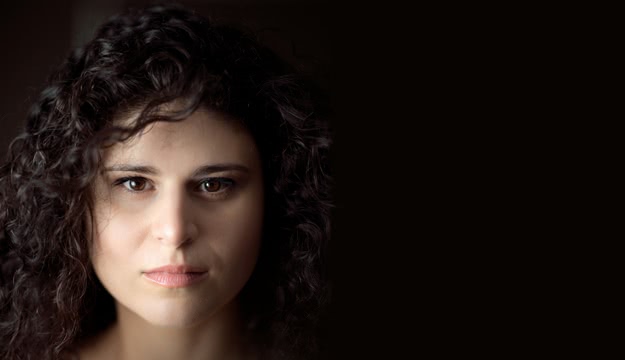Combining storytelling with a four-course meal,Hakawati– an Arabic word for ‘teller of tales’ – is unlike any dinner conversation you’ve ever heard.
As director Wayne Harrison explains, this intriguing addition to the Sydney Festival program will sate all appetites.
“What makes a good story?” Harrison muses. “I like the traditional answer, which is to have a beginning, middle and end. The experiences I’ve had of hakawatis over the years has shown that they do structure very well, and that’s how you get through a 15-minute monologue. It’s a bit like how a Hollywood movie works. At the 20-minute mark, something has to happen, where you get things like Chekhov’s gun. That age-old technique where if you walk into the theatre and see a gun on the set, the gun has to be used, otherwise why is it there? And that’s one of the key ingredients of storytelling.
“And indeed, we’re using quite a few Chekhov’s guns here. That’s the secret of storytelling. Nothing is there that isn’t used, nothing is wasted.
All the stories entwine, and that’s to do with the structure. How do you create the beginning, set the details in motion? The middle, you then elaborate and consolidate, and then you resolve.”
The role of the hakawati is a wonderfully romantic image. Picture yourself in a large room decked out with cushions and tapestry, the smell of shisha in the air. Before you stretches a banquet table covered in food, while nearby stands the hakawati – the storyteller enchanting diners with legends and fables that craftily weave current events and personalities into the tale. It is this atmosphere that Harrison and his team hope to conjure, blended with a contemporary look at life in Western Sydney; a cultural smorgasbord that is too often overlooked.
“I went to Istanbul to research another project for Riverside Theatre, a Justin Fleming play called Shellshock,” Harrison explains. “So I went, and some friends took me to a restaurant where there was a week-long storytelling event happening. That was the hakawatis, even though they’re not really Turkish, they’re from Syria, Lebanon, Israel. But that led me to learning more, and I really love the fact that they do trade on the mythical stories of the Arabian Nights. They were really cheeky with it, and changed the stories to reflect contemporary politics, having a dig at the leaders and bureaucrats. They weren’t quite The Wharf Revue,” Harrison laughs, “but I love how it had a contemporary element to it.
“We’re working on a reverse of that, I suppose. Ours are contemporary stories that reference the Arabian Nights in interesting ways. That’s how I hit upon the format for the storytelling. Going to these restaurants and finding the hakawatis, and even though I didn’t understand a word they were saying, it was fantastic. You got the essence of how they engaged with the audience, and the audience engages with the creation of the story. There’s a bit of manipulation going on, and it was a great addition to what else was going on with the evening. The food, the coffee, the stories.
“So now at El-Phoenician, we do food, then a story, food, story, repeat. The stories are contemporary with a mythical edge to them, and talk about life in Western Sydney. And hopefully they’ll reveal a few wisdoms along the way.”
Image: Luke Stambouliah
Hakawati goes down atEl-Phoenician Restaurant, Parramatta from Wednesday January 11 – Saturday January 21 as part of Sydney Festival.

































